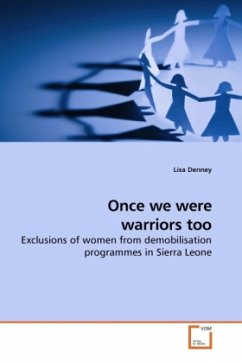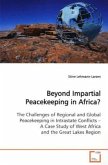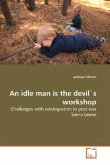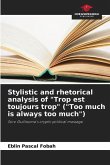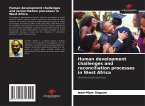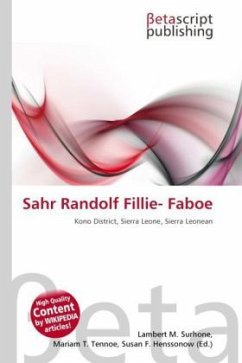Postconflict society characterised by positive peace requires a demobilised mindset amongst not only former-combatants but also those mobilised more broadly within conflict. Until now demobilisation programmes have taken a traditional understanding of conflict focusing on armaments rather than psychologies, ideologies and cultures. This has led to an unnatural distinction being made between combatants and civilians where such division is increasingly less evident in fighting. It has also caused demobilisation to be continually paired with disarmament, emphasising the military element of conflict. This ignores the broader sense in which people are mobilised in conflicts. This study considers the DDR programme in Sierra Leone and examines how its standards for registration provide an indication as to what it is to be mobilised during conflict. The overly militaristic approach to DDR taken ignores alternative, non-combative roles at the broader level of involvement in conflict. A case study of women in the Sierra Leonean conflict is used to demonstrate how this group in both combative and non-combative capacities is excluded from DDR programmes.
Bitte wählen Sie Ihr Anliegen aus.
Rechnungen
Retourenschein anfordern
Bestellstatus
Storno

